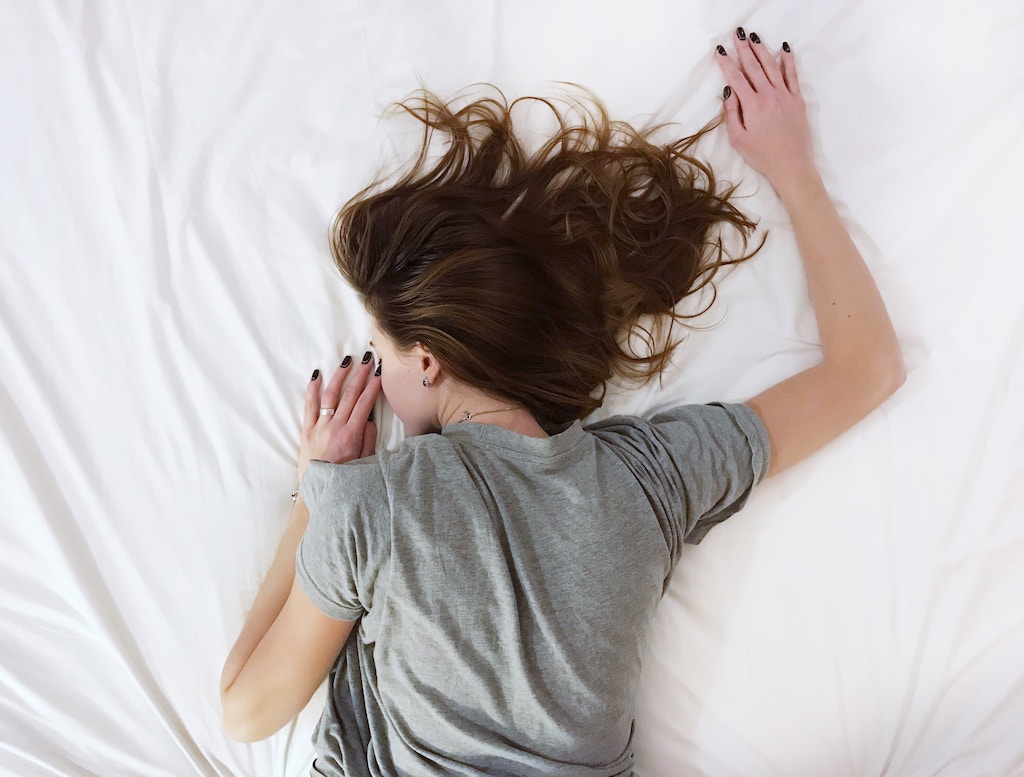4 Mins Read
In his fourth Green Queen column, Paul Sandburg goes back to the basics: why sleep matters, how much you need, why it’s so key to get quality, uninterrupted sleep and what are some good sleep hygiene habits to adopt ASAP.
We all know that getting enough sleep is important, but it seems that lots of people are still struggling to get enough. A 2016 study of over 440,000 participants found that over one-third did not get at least 7 hours of sleep and another recent study showed that the average urban Chinese manages only 6.5 hours of Zzzzs a night. In fact many Asian nations rank high for sleep deprivation, with Japan being the worst culprit. But how many hours is enough? And why? Below I delve into the latest research on how much sleep you need and I share tips on how to get an optimal night of sleep.
Sleep Research: What The Studies Say
A 2013 study found that participants who were limited to 6 hours of sleep every night for one week had surprising gene expression changes. Genes for immunity were turned off and genes associated with tumours, inflammation, and stress were turned on. Again, this is in just one week!
A 2015 study that included 1 million Chinese subjects found higher levels of obesity in those subjects that had fewer than 7 hours of sleep per night.
A 2009 study found that participants with 7 hours of sleep were nearly 3 times more likely to develop a cold than those with 8 hours or more of sleep.
A 2003 study found that any sleep duration below 8 hours caused a restriction in brain operational capacity.
My conclusion: 8 hours of sleep is a good target to aim for. Based on the above listed studies, you can see that sleep plays a vital role in our physiological health and has a serious impact on our immunity.
Before I share some suggestions on ways to help you reach this goal, it’s taking a moment to better understand how our sleep systems work.
Our 2 Sleep Systems: Homeostatic & Circadian
Homeostatic System: The longer you are awake, the sleepier you get. Your homeostatic system builds up a chemical called adenosine in your brain throughout the day that makes you sleepy. It should be noted that caffeine temporarily blocks adenosine, hence the lack of sleepiness when you drink coffee. Interestingly, exercise increases adenosine.
Circadian System: Less light equals more melatonin, which equals to more sleepiness. Your circadian system works with light and in tandem with your biological clocks. These clocks are found in nearly every tissue in your body and they are used to regulate timing and rhythm. When less light is perceived by your biological clocks, they will tell your brain to make more melatonin.
Sleep: Not Just An Off Switch
Dr. Chris Winter discusses the many important processes that occur during sleep in his book The Sleep Solution: Why Your Sleep is Broken and How to Fix It -highly recommend giving it a read. One critical process that he mentions is the removal of waste products from our brain, including amyloid beta, which has been found to accumulates in the brains of Alzheimer’s patients. Long story short: sleep is vital for detoxing the bad stuff.
About Each Sleep Stages & Why Quality Matters
We cycle through the 4 stages of sleep below several times during the night. Not every stage is created equal, with some stages providing far more quality sleep than others. Your body needs them all, which is why uninterrupted sleep is so important.
Sleep Stage 1 (5-10 minutes) is very light sleep. Our body systems start slowing down.
Sleep Stage 2 (around 20 minutes) is light sleep. Our body temperature drops and eye movements stop. We spend most of our sleep time here.
Sleep Stage 3 is deep sleep. We need this to feel refreshed. Our heartbeat and breathing slow to their lowest levels.
Sleep Stage 4 is REM. Our eyes move rapidly from side to side, breathing becomes faster, heart rate increases, and this is when most of our dreaming happens.
How To Get Better Sleep: My Ultimate Tips
There are tons of tips for better sleep. Below are the ones I think are most important based on what I see many people struggle with.
Follow A Routine – When it comes to sleep, consistency is the name of the game: go to bed at the same time every night and wake up at the same time each morning to train your body’s internal clock. It’s absolutely key for quality sleep. This applies to weekdays, the weekend, and holidays.
Remove The Early To Bed Stigma – If I were to tell you that I got up at 5AM to workout this morning, you would likely give me positive reinforcement and maybe even a bicep flexing emoji. But what if I told you I go to bed early, say at 8:30PM? You might chuckle and maybe presume I am not serious. But why? Why isn’t it considered totally awesome if to go to bed early and get 8 hours of sleep? At the end of the day, very few things matter as much to our heath as sleep.
Avoid Light, Especially The Blue Kind – Remember that our internal body clocks have evolved according to the light of the sun- we are meant to wake at sunrise and start winding down at sundown. Computer screens, televisions, smartphones…all of these emit blue light rays that trick your internal body clock into thinking it is daytime, which means your body produces less melatonin, also known as the sleep hormone, which regulates your sleep-wake cycle. Without melatonin, it’s harder to fall asleep. When you are getting ready to wind down for the day, keep away from screens and blue light as much and make sure your bedroom is as dark as possible.
Photo by Vladislav Muslakov on Unsplash.



